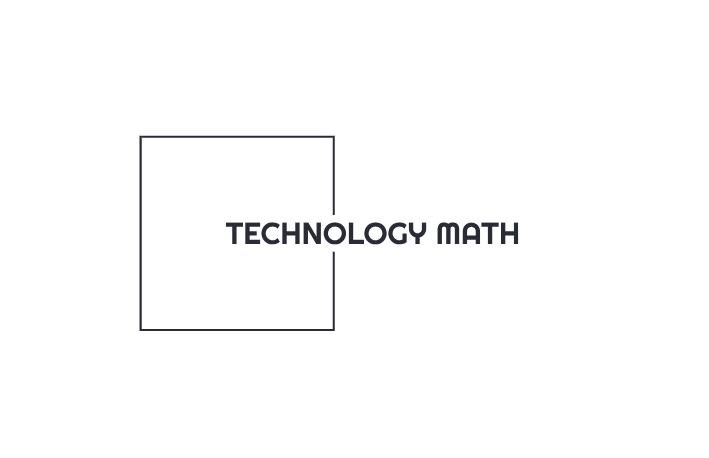
Security is of the utmost importance in the modern digital world for businesses of any size. Public Key Infrastructure (PKI) is a powerful tool for protecting sensitive information and facilitating encrypted interactions. To facilitate safe data transfers across networks, PKI offers a structure for handling digital certificates and public-key encryption.
On the other hand, it might be time-consuming and difficult to manage a PKI internally.
Organizations can benefit from Managed PKI services, which provide a simplified and efficient solution in this situation. While managed PKI services take care of deployment, maintenance, and scaling, businesses can concentrate on their core activities, knowing that comprehensive security is being maintained.
What is a Managed PKI?
Secure certificate-based authentication in public key cryptography relies on a public key infrastructure (PKI). However, you must choose if a private PKI or a managed PKI is more suitable for your organization’s certificate implementation needs. You must know what an MPKI is to make that choice.
The high level of cybersecurity knowledge required to manage a public key infrastructure (PKI) is a factor that prevents some businesses from adopting one. By eliminating the need for upkeep and building, an MPKI simplifies the process.
A separate entity constructs managed PKIs. Consequently, your IT department won’t have to worry about building or maintaining the PKI because we’ve covered it. To maintain the PKI operational, you won’t require any extra personnel.
Cloud hosting is also a common choice for managed PKI services. This makes them extremely accessible from anywhere in the world and expandable. You can skip the hassle of setting up a separate PKI for each location.
The five main advantages of using Managed PKI will be discussed in this post.
-
Stricter Compliance and Security Measures
Digital certificate issuance, management, and revocation are all greatly improved with Managed PKI. Cryptographic keys and certificates are safeguarded against unwanted access and manipulation using rigorous security protocols utilized by managed PKI services. Data leaks and cyberattacks are dangers that firms can reduce by using Managed PKI.
Businesses in highly regulated industries, such as healthcare, banking, and government, rely on managed PKI to guarantee full compliance with all applicable standards and requirements.
Using PKI for encryption and digital signatures is one of the strong security measures necessary to comply with regulations such as GDPR, HIPAA, and PCI-DSS. Managed PKI providers make keeping up with the newest regulatory requirements and best practices easy for enterprises.
-
Rapid product launch and scalability
You may start implementing device provisioning considerably more quickly and cost-efficiently with a managed PKI solution than an in-house strategy. To get things rolling, it is unnecessary to do all the steps for staffing, facility setup, technology setup, and process setup.
In addition, it might be challenging to adapt to market or goal shifts with an in-house PKI due to the extensive planning and infrastructure required. However, with a managed PKI service, you can easily scale up or down the number of identities you give.
-
Security Modules for Hardware
Secure cryptographic operations are carried out by hardware security modules (HSMs), which can be customized peripheral cards or appliances and are used by managed PKIs. Hardware security modules (HSMs) are costly but essential for protecting cryptographic operations and keys from prying eyes.
The initial capital expenditure (CAPEX) for HSMs must be borne by the entity establishing the in-house PKI solution. On the other hand, the suppliers of IoT platforms can take advantage of a pay-as-you-go pricing model for HSM key storage when they sign up for Managed PKI services.
-
Supervising authority and managing certificates during their lifetime
When developing an internal PKI infrastructure, it becomes increasingly difficult to manage device IDs over the lifecycle of an IoT device. A managed PKI service may monitor digital certificates as they are issued, renewed, used, and potentially misused to keep faith in the public key infrastructure. Hackers may be able to breach protected environments if certificates are compromised. A Certificate Revocation List, kept up-to-date by a managed PKI service, identifies certificates that have been compromised or misused and should no longer be trusted. This helps to prevent such incidents.
The WebTrust Program for Certification Authorities was created by the Certified Public Accountants (AICPA) and the Canadian Institute of Chartered Accountants (CICA) to guarantee that managed PKIs adhere to best practices in certificate provisioning, management, and revocation. With this kind of validation, you know the certificate authority is taking every precaution to keep the systems and data safe.
-
Adaptable supply choices
It is expected that a managed PKI service can provide both factory and cloud-based field provisioning. During factory provisioning, security keys are embedded into hardware through one-time programmable chips, binding device identities to the device throughout manufacture. Additionally, authorized people can only gain access through the key injection process, adding an extra security layer.
Using third-party manufacturers with poor security standards is only one example of how a device’s supply chain can introduce additional layers of complexity and compromise security. To address this, a managed PKI can implement cloud-based field provisioning to create identities remotely. The process begins during production when a device is assigned a bootstrap key, which serves as its minimal identity. After it is deployed in the field, it can be validated and given its whole secure identity through cloud-based distribution.
In the end!
An organization’s security, certificate administration, scalability, flexibility, cost-effectiveness, and access to professional help can all be improved by implementing Managed PKI. Businesses can concentrate on what they do best while still having solid security measures with the help of Managed PKI services.
When it comes to protecting sensitive information in today’s ever-changing digital landscape from ever-changing cyber dangers, having a reliable, Managed PKI supplier can make all the difference. Any business, no matter how big or little, can benefit in the long run by investing in Managed PKI.






